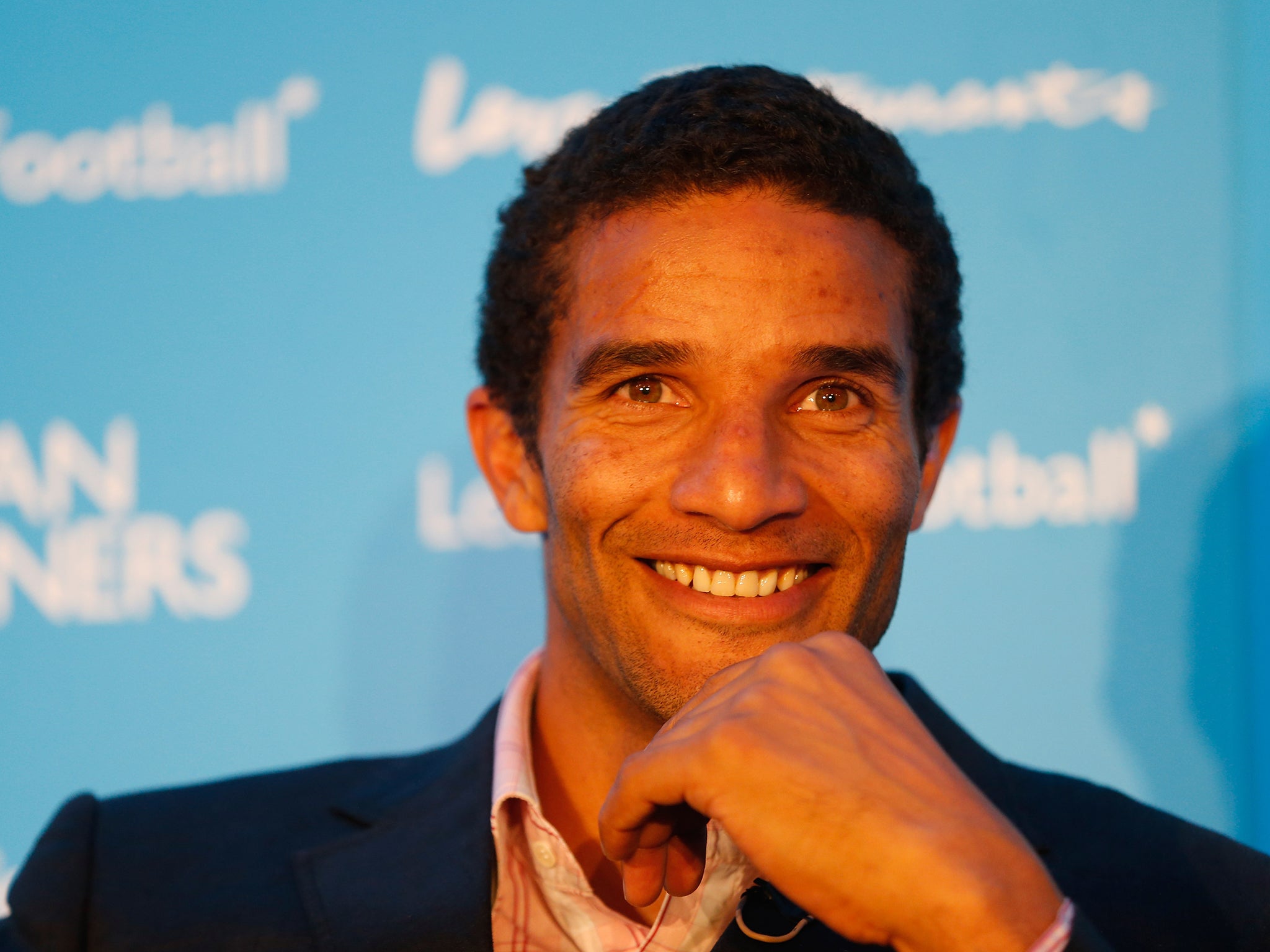The Football Lawyer: Three habits of footballers who steer clear of bankruptcy
Former England goalkeeper David James recently had to auction many of his possessions

Your support helps us to tell the story
As your White House correspondent, I ask the tough questions and seek the answers that matter.
Your support enables me to be in the room, pressing for transparency and accountability. Without your contributions, we wouldn't have the resources to challenge those in power.
Your donation makes it possible for us to keep doing this important work, keeping you informed every step of the way to the November election

Andrew Feinberg
White House Correspondent
Recently, a story broke about footballers that was all too familiar. It turns out that many of them are now facing bankruptcy, following their ill-advised investments in film schemes. Just a few months ago, too, we heard that David James, the former England goalkeeper, was so deep in debt that he was forced to auction off several of his possessions. This loss of wealth is not only sad to see, it is frustrating. After all, these men have overcome unimaginable odds to build careers as professional footballers, only to end their playing days millions of pounds later with very little to show for it. Fortunately, although this is a depressing spectacle, it is by no means inevitable, and we will shortly look at ways that they can avoid financial ruin.
First, though, why does this happen? Generally speaking, it’s down to a combination of living the high life and making poor investments. At a more profound level, however, it’s often about groupthink. Many players go and spend abundant amounts because that’s what everyone around them is doing. They plough money into film schemes because, well, their team-mate or manager or adviser, who works for a few other people at the club, told them it was a good look. And so, when the taxman arrives, a lot of them end up feeling the same degree of pain.
But it doesn’t have to be this way. Looking at the players I’ve encountered who have made it through the sport with their earnings intact or even enhanced, they all seem to have three things in common. The first is that they look outside their circle. Football is a small world, sometimes a very closed one, with its own particular codes and habits. You often hear the same kind of thinking about various issues, including what to do with your finances. Part of the problem, I think, is that players are so intensely focused on what’s happening on the pitch that they leave all the off-pitch administration to someone else, which is a terrible mistake. What some footballers do is ask people outside their immediate social group - either players several years older who have invested successfully, or wealthy people in completely different industries - what they do with their money. When getting recommendations about advisers, it’s often good to speak with someone who is a fair bit older, who has raised a family with money that they earned whilst still very young. Of course, these players might end up going with an adviser they were initially told about, but not until they have shopped around a little first.
Secondly, they have fun within limits. At the beginning of their careers, the more circumspect footballers make sure that the bulk of that monthly paycheque is out of sight via direct debit long before they can get their hands on it, so they can safely have fun with the rest. It sounds like an obvious step, but it’s one which, with the excitement of a new contract, many fail to take. It’s a great way of making sure that you never get truly used to having all that money at your disposal, right when you have the most time and energy to spend it.
Thirdly, they keep it simple. Jalen Rose, the former basketball player, once mentioned “The Law of One”: that you should only have one of every major possession, one big house, one big boat, one big car. Some might think that is a little too frugal, but it can be a good rule of thumb to rein you back in at times of excess. Few other careers, if any, end so abruptly and with such a colossal drop-off in earnings, and so it is good to get used to having relatively outgoings for that day when the cashflow slows down.
If this recent round of bankruptcy stories does anything, here’s hoping that footballers no longer think that all they have to do to secure their futures is do well on the pitch; and that they select their advisers with the same attention to detail that they give their first touch. That way, long after the last cheers from the crowd have died down, they can enjoy themselves for many years to come.
John Blavo, an FA-registered lawyer, is the founder and Senior Partner of Blavo & Co; a law firm with expertise in several areas including sport, tax, commercial, immigration and employment law. John advises several leading footballers both in the Premier League and abroad.
Subscribe to Independent Premium to bookmark this article
Want to bookmark your favourite articles and stories to read or reference later? Start your Independent Premium subscription today.
Join our commenting forum
Join thought-provoking conversations, follow other Independent readers and see their replies
Comments